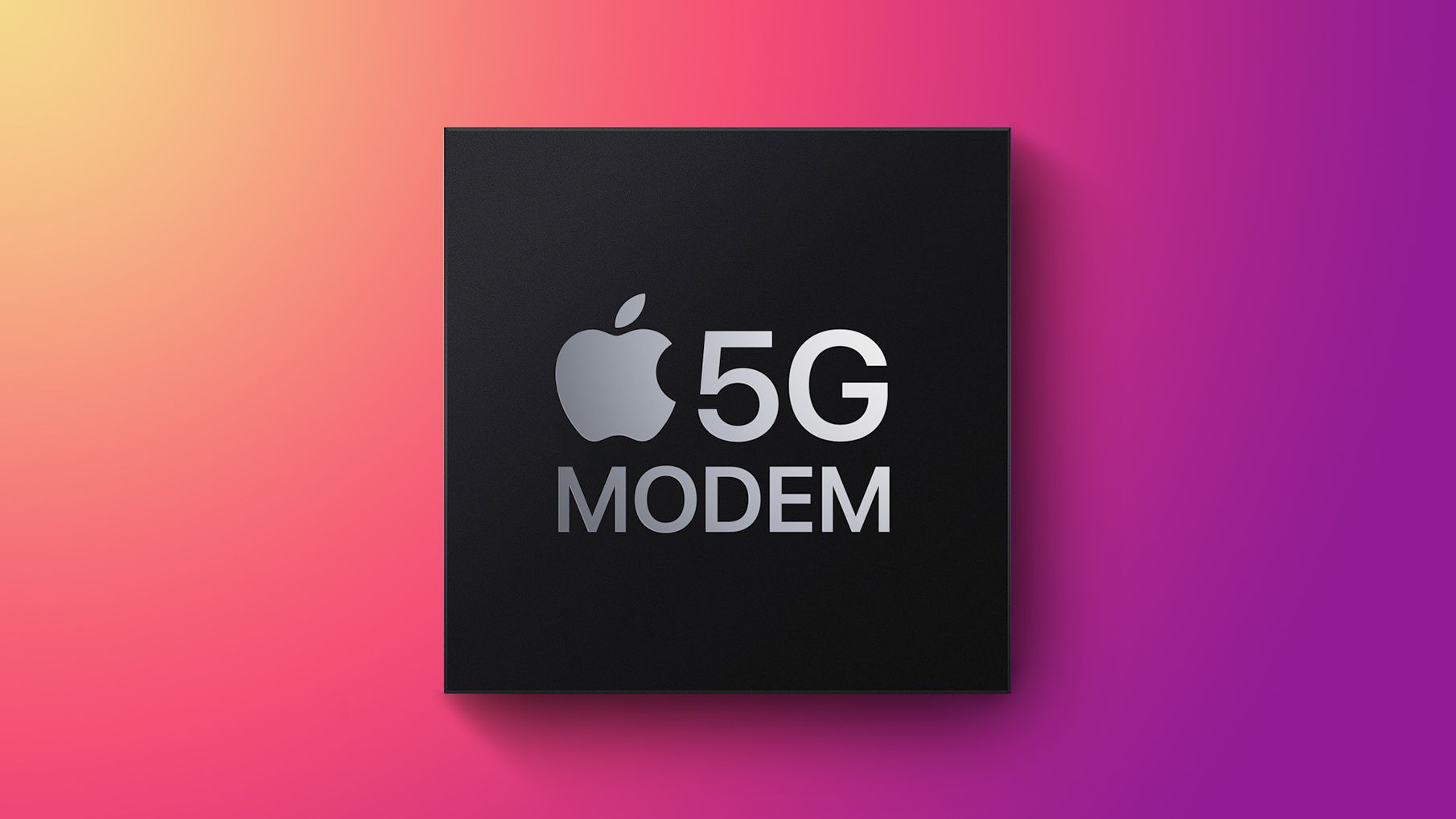Law Geeks Uncover Google’s Secret Antitrust Trial
Law Geeks Uncover Google's Secret Antitrust Trial
The Battle for Transparency: Behind the Scenes of the Google Antitrust Trial

Last week, the biggest antitrust trial of the century began, with Google in the hot seat, accused of unlawfully monopolizing online search and search ads. However, the proceedings have not been fully open to the public, as Google successfully opposed live streaming the trial. This has led to a group of legal and antitrust enthusiasts taking it upon themselves to document and share their observations, providing a much-needed window into this historic moment. Among them is Yosef Weitzman, a fresh law graduate who has taken on the role of providing daily updates on the trial.
Weitzman, along with other like-minded individuals, has dedicated himself to attending as many public portions of the trial as possible. This group fears that the public will miss out on the opportunity to witness a moment of tech giant accountability. Their efforts include documenting their observations through social media and daily email newsletters, ensuring that even those without expensive content subscriptions can stay informed.
“The trial is scheduled to run near-daily through November, and most news outlets cannot afford to dedicate a reporter to cover the trial for eight hours a day. So, it falls upon us to make sure the public is aware of what’s going on,” says Weitzman.
The trial has garnered attention from various individuals, including Megan Gray, an attorney who has clashed with Google in the past. She felt compelled to attend the trial to capture nuances that summaries and transcripts often miss. While attending the trial has posed challenges for her work schedule, Gray is committed to witnessing this era-defining trial from start to finish.
It’s not just legal professionals who are taking an interest in the trial. Tim Wu, a law professor at Columbia University, also made an appearance on the first day. Like other interested scholars, Wu is unable to attend due to prior commitments. However, he believes it should be easier for the public to follow such a significant trial.
The importance of this trial is also recognized by Matthew Stoller, who hired Weitzman to attend the trial and write about it in his email newsletter, Big. Stoller states, “You can’t cover anti-monopoly politics without recognizing how important this case is.”
Weitzman’s journey to this position is an interesting one. With experience as a sports section editor during his time at the University of Pennsylvania, combined with a fascination for antitrust law, he secured the unique opportunity to cover the trial. Packed up and ready to go, Weitzman has relocated to Washington, DC, for the trial. Despite the long hours and uncomfortable seating arrangements, he is grateful for the chance to be part of this historic event.
Weitzman’s write-ups are shared on Big, with a temporary offshoot newsletter on Substack called Big Tech on Trial. These newsletters have quickly gained a following, with thousands of subscribers eager to receive the daily updates. Weitzman is being paid by Stoller and the American Economic Liberties Project, a nonpartisan anti-monopoly advocacy group.
The trial itself is a significant moment in the ongoing battle against Big Tech. The last major antitrust trial involving a tech giant was against Microsoft in 1998. That trial played a part in allowing Google to amass the power it holds today over online search and ads. However, Google’s attorneys argue that their dominance is based on consumer preference and not due to deals that force users to utilize their services.
The trial does not have a jury, and the final decision will be made by Judge Amit Mehta. Notably, Mehta denied the request to allow remote public access for the trial, citing concerns about unauthorized recording and leaks of trade secrets. This decision has sparked criticism, with some arguing that it prevents the public from fully understanding the fundamental details of the case.
The lack of public access has prompted individuals like Weitzman to attend the trial in person, where phones and computers are prohibited. However, he occasionally takes advantage of the media room, where journalists can watch a closed-circuit broadcast. Weitzman provides daily dispatches, summarizing and explaining the significance of each day’s exchanges. These reports highlight the revelations that have come to light, such as Google’s secret maneuvering to increase search ad pricing without informing advertisers.
The Google trial has also stirred conversations on various platforms, with individuals sharing their reflections and insights. However, the dispersed nature of these conversations has made newsletters like Weitzman’s more important than ever, as they aggregate information from across platforms, ensuring that everyone can stay informed.
The trial has not drawn the attention of many other major players in the industry. Even Google’s search rivals and advocacy groups have not dedicated individuals to attend the trial regularly. Similarly, US lawmakers and their aides are preoccupied with other matters, but the lessons from this trial will undoubtedly inform future discussions on regulating large tech companies.
Ultimately, the efforts of individuals like Yosef Weitzman help to shed light on a trial that will impact everyone. By providing comprehensive and detailed updates, they play a vital role in ensuring transparency and public awareness in a case of immense significance.




